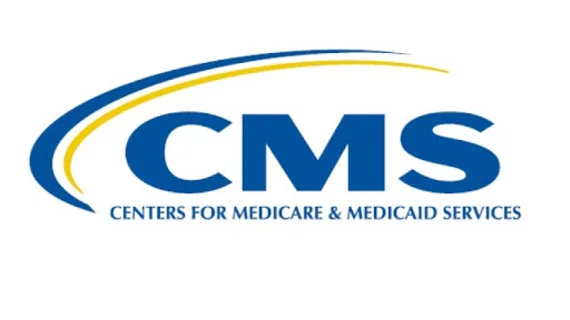CMS’ Kate Goodrich: MACRA changes coming, but not on certified EHR
Easing clinician burden under the payment tracks implemented as part of the Medicare Access and CHIP Reauthorization Act (MACRA) will be a priority for CMS in this year’s rulemaking, according to Kate Goodrich, MD, the agency’s chief medical officer. What won’t be changing, however, is requiring providers to meet the 2015 edition of certified electronic health record technology (CHERT) standards.
The last MACRA rule allowed 2014 CEHRT products, a move praised by industry groups as removing a significant burden from the Advancing Care Information (ACI) category of the Merit-based Incentive Payment System (MIPS). According to a report from the Healthcare Financial Management Association (HFMA), CMS won’t delay 2015 CEHRT again.
“We’ve delayed this a couple years, but last year we finalized that this would be required starting in 2019; we are not backing down on that, so we are not changing that and will reiterate that" in upcoming payment rules, Goodrich said in a March 13 meeting.
A 2017 survey of hospital and physician practice leaders found just 9 percent reporting they’ve fully implemented 2015 CEHRT products, but another 41 percent said they were in the process of doing so. Providers could have earned a 10 percent bonus this year by meeting 2015 standards early, but health IT professionals said the costs of upgrading outweighed that benefit.
In the meeting, Goodrich reiterated the agency’s commitment to making quality reporting in MIPS less of a burden by trying to align measures between hospitals and physicians and allowing facility-based scoring. She also said CMS is examining each available measure and will consider eliminating those where performance is often low or are consistently “topped out.”
This year’s rulemaking will also have to account for changes made by Congress through the recent Bipartisan Budget Act of 2018, such as keeping the scoring and weight of the cost category within MIPS lower than previously scheduled through 2021.
“We continue to hear that the program is still too complicated,” Goodrich said. “People are glad we’ve allowed for a lot of flexibilities, but what that does is makes things complicated. We’ve gotten some very specific ideas about ways we can further simplify the scoring in some of the policies.”
For providers looking for more options to participate in Advanced Alternative Payment Models (AAPMs) for 2019, Goodrich said promoting movement toward value-based models will be a “top strategic goal.” Beyond the new Bundled Payments for Care Improvement Advanced model, which will qualify as an AAPM next year, she said CMS will be opening a “multi-payer APM” which will start in 2019.

